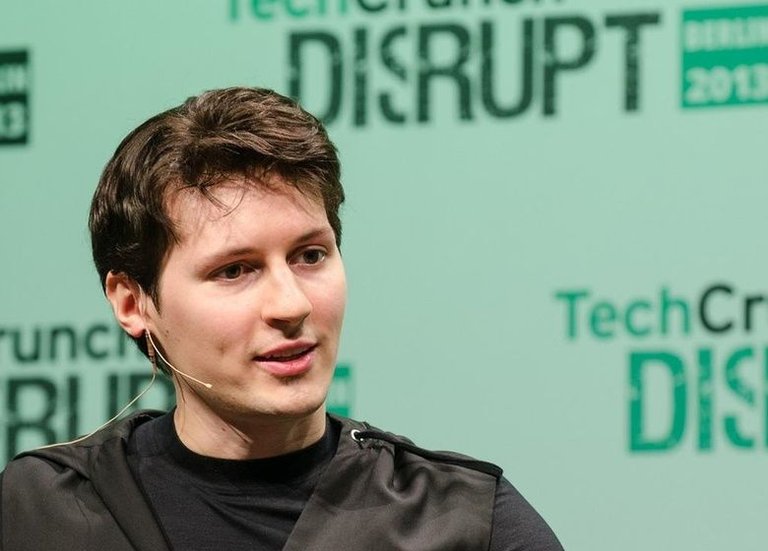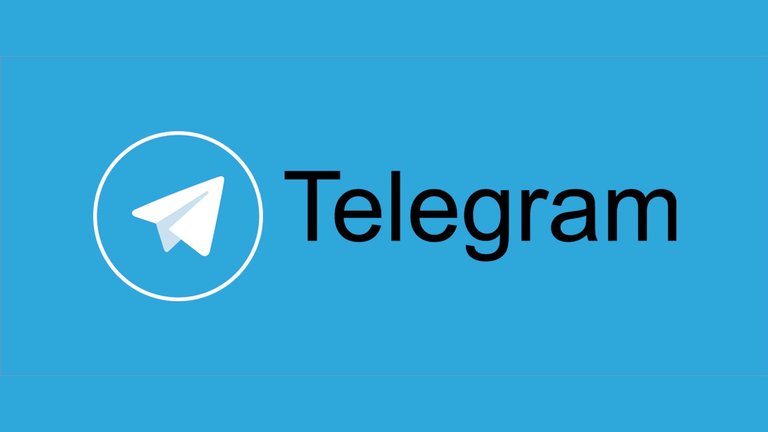Pavel Durov and the issue of privacy are when it suits...

The arrest of Telegram's founder, Pavel Durov, in France has sent shockwaves around the world, raising profound questions about privacy and personal freedoms in the digital age. The CEO of Telegram is now facing a series of criminal charges—around a dozen in total—that could lead to a prison sentence of up to 20 years, according to French broadcaster TF1. The charges against the billionaire include money laundering, fraud, drug trafficking, possession of stolen property, and complicity in the distribution of child pornography. The core accusation is that Durov failed to exercise adequate oversight, thereby indirectly enabling these crimes to occur.
Unlike other social media platforms such as Facebook and Twitter, which routinely cooperate with authorities by providing requested data, often at the expense of user privacy, Telegram has maintained a staunchly protective stance. This approach, while it may seem arbitrary or extreme to some, is deeply rooted in Durov's personal convictions and history.
Who is Pavel Durov?
Pavel Durov, a Russian entrepreneur and programmer, is a pivotal figure in the global tech landscape, best known for founding VKontakte (VK) and Telegram. Born in Leningrad (now St. Petersburg) on October 10, 1984, Durov demonstrated an early passion for programming, which led him to create VKontakte in 2006. This platform quickly became one of the most popular social networks in Russia, akin to a Russian version of Facebook, and soon dominated the local market, becoming the go-to platform for millions of users.

However, Durov's success with VK was not without challenges. He soon found himself in conflict with Russian authorities, who sought to control the content on VKontakte and gain access to user data. This conflict came to a head in 2013, when Durov was forced out of the company he founded due to political pressure and disagreements with VK's new owners.
Undeterred, Durov launched Telegram the same year, a messaging app that revolutionized online communication. Telegram is distinguished by its strong emphasis on security and privacy, offering advanced features such as end-to-end encryption and secret chats, which provide users with a high level of data protection.
This commitment to privacy made Telegram particularly popular among activists and users wary of government surveillance. However, it has also attracted those who seek to remain anonymous for criminal purposes. Durov is known for his uncompromising stance on freedom of expression and digital privacy. He has consistently refused to cooperate with governments demanding access to Telegram user data, keeping the platform free from external interference.

This position has led to clashes not only with the Russian government, which unsuccessfully attempted to ban Telegram, but also with other global authorities. Over the years, Durov has become a prominent figure not just in technology, but also in the broader debate on privacy and digital freedom.
Despite his success and an estimated personal fortune of several billion dollars, Durov leads a nomadic, austere, and health-conscious lifestyle, reflecting his reserved and independent nature. His determination to keep Telegram independent and aligned with his long-term vision has led him to reject numerous offers to sell the company.
The Paradox of Freedom
Regardless of one's perspective on Durov's situation, it highlights a significant paradox. In the West, Durov was praised when he stood up to Putin by refusing to provide the Russian president with the requested data—a decision that likely saved thousands of lives. Today, however, Durov finds himself arrested in a country he considered a friend, and for the very same reason: his steadfast commitment to privacy.
Privacy, the "Holy Grail" of the new millennium, has revealed itself to be both a precious right and a dangerous one. The same tools that protect political dissidents and unjustly oppressed citizens also enable criminals and unscrupulous organizations. In essence, freedom comes with a high price, but it is also as vital as air. When taken for granted, it seems to have little value, but once it begins to slip away, its importance becomes painfully clear.

Pavel Durov's case closely mirrors that of Tornado Cash, a cryptocurrency mixer that anonymizes transactions, making it a target for authorities worldwide. Like Telegram, Tornado Cash operates as an open-source software, without a controlling organization behind it. It provides privacy tools that can be used for either virtuous or criminal purposes.
In both cases, the platform is merely a tool. The real responsibility lies with the users, who must decide how to use these technologies. Tornado Cash reflects a legitimate demand for greater privacy in an era of increasing digital surveillance. However, it is crucial that these tools are used ethically to avoid compromising the delicate balance between individual freedom and collective security.